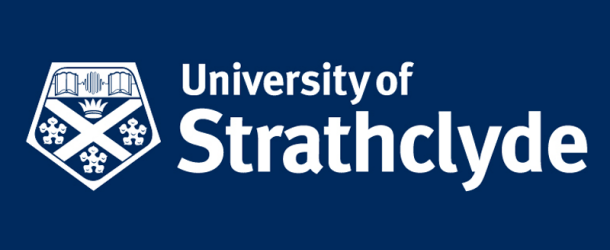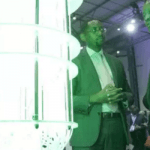Researchers Building Analogue Quantum Simulators

(Horizon.eu) Scientists are building computing systems known as analogue quantum simulators in an attempt to find a shortcut to some of the answers quantum computers promise to provide. These simulators are designed to explore specific properties of quantum physics by modelling how the smallest particles in the universe might behave. This in turn can be applied to solve complex problems in the wider world that are currently impossible to work out or could take a lifetime to do so using classical computers.
‘The analogy I really like is that analogue quantum simulators are a bit like a wind tunnel,’ said Professor Andrew Daley, a physicist at Strathclyde University, UK, and a member of the PASQuanS project. ‘A couple of decades ago it was impossible to simulate air flow on a computer so instead you would build a scale model and put it in a wind tunnel. ‘But with analogue quantum simulation, the scaling goes the other way – rather than making a smaller version, you are making a bigger one. This makes it more controllable and so it is easier to learn the details of how something might work.’
The project is bringing together a team of researchers from around Europe and attempting to build some of the most powerful analogue quantum simulators to date using atoms and ions as their scaled-up models of subatomic particles.



















